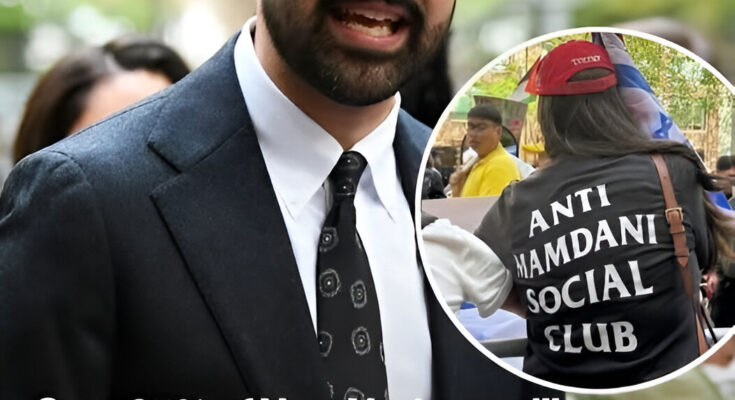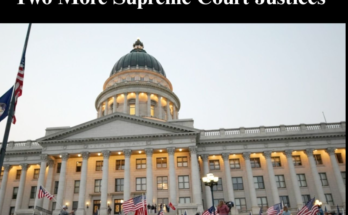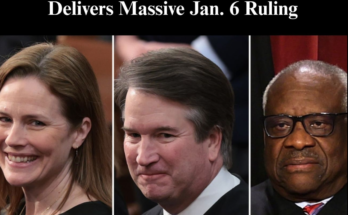Shock Poll: More Than a Quarter of New Yorkers Would Consider Fleeing the City If Zohran Mamdani Becomes Mayor — “Could Reshape NYC for Years to Come”
A new poll has sent shockwaves through New York City’s political scene, revealing that more than one in four New Yorkers say they would consider leaving the city if Zohran Mamdani is elected mayor. The survey, conducted in late October among 500 likely voters, paints a striking picture of a city deeply divided over the direction it wants to take — and the kind of leadership it’s willing to accept.
According to the poll, 26.5 percent of respondents said they would seriously consider leaving the Big Apple should Mamdani, a self-described democratic socialist, win City Hall. Another 39 percent expressed concern that his administration could “pose a long-term threat to the city’s future.” Even among Democrats, nearly one-third voiced unease about his platform and its potential consequences for New York’s economy, public safety, and livability.
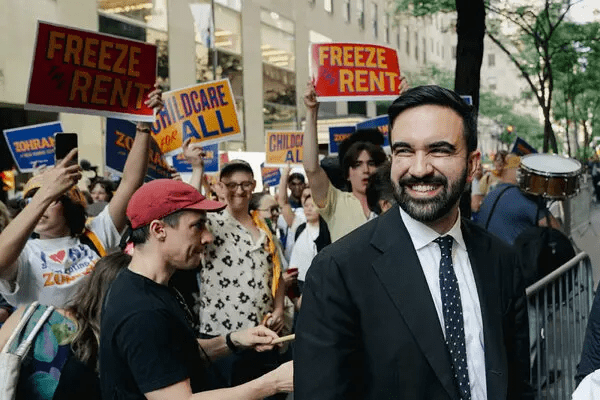
Mamdani, currently a state assemblyman from Queens, has surged in polling ahead of next month’s mayoral election. In a simulated three-way race, he led with 46.7 percent support, followed by former Governor Andrew Cuomo at 28.6 percent and Republican Curtis Sliwa at 16.2 percent. For a candidate who represents one of the most progressive movements in New York politics, his rise reflects both the appetite for change and the polarization gripping the city.
The findings suggest that New York’s famed resilience may be colliding with growing fatigue. Many residents already feel burdened by rising taxes, high crime rates, and a lingering post-pandemic economic recovery. For them, a mayoral shift toward socialism, with proposals such as rent freezes, new wealth taxes, and expanded social programs, sounds less like a bold experiment and more like a risk to an already fragile system.
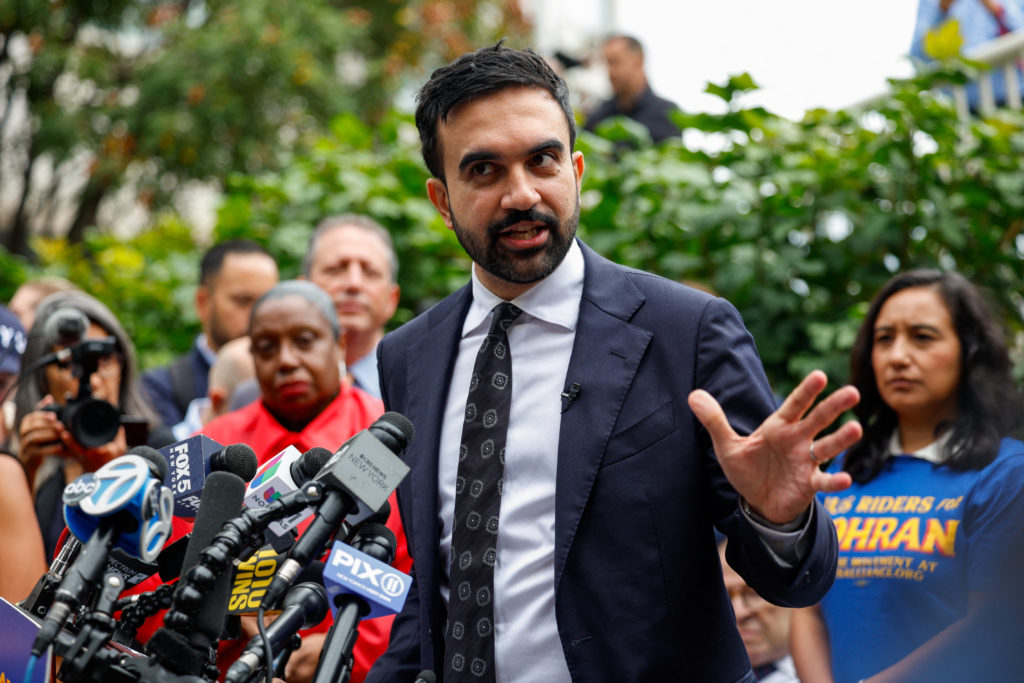
Critics warn that a Mamdani victory could drive businesses, investors, and middle-class families out of the city, mirroring trends seen in other major urban centers struggling with progressive leadership and fiscal instability. One former city official described the sentiment as “a breaking point for people who’ve hung on through COVID, through inflation, through crime — and now fear government overreach might be the last straw.”
Supporters of Mamdani dismiss such claims as exaggerated fearmongering. They argue that the poll results reflect decades of entrenched inequality and that his message — focused on affordable housing, workers’ rights, and public investment — resonates with younger, more diverse voters. For them, the idea of “reshaping” New York isn’t a warning, it’s a promise. Mamdani’s campaign has leaned into this framing, vowing to “build a city that works for everyone, not just the wealthy few.”
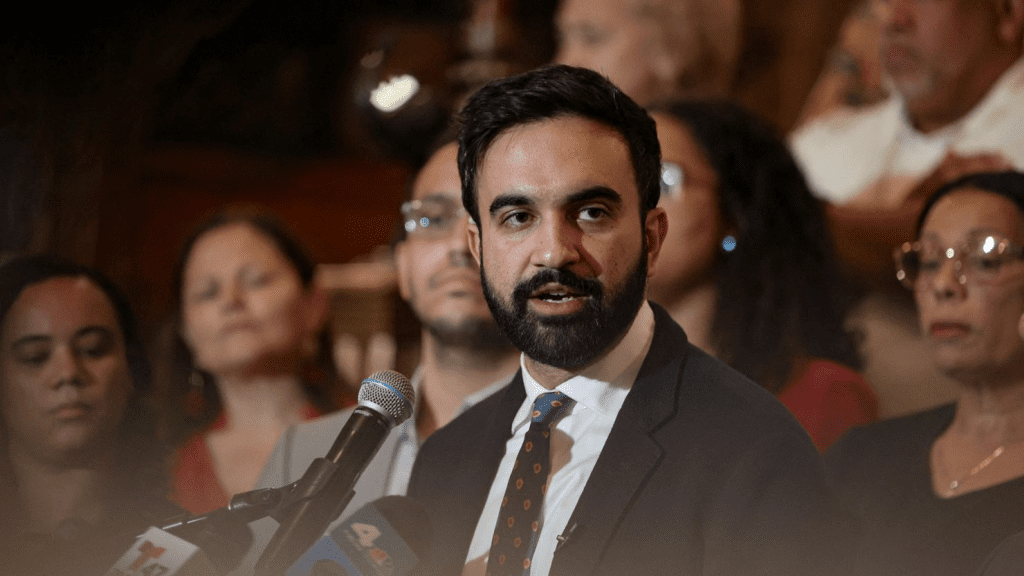
Still, the emotional undertone of the polling data is impossible to ignore. The possibility that more than a quarter of residents would even consider leaving underscores how politically and culturally fractured the city has become. From Manhattan’s corporate offices to Queens’ residential streets, conversations about the upcoming election are less about party loyalty and more about survival — what kind of city New Yorkers want to live in, and whether they still feel they belong there.
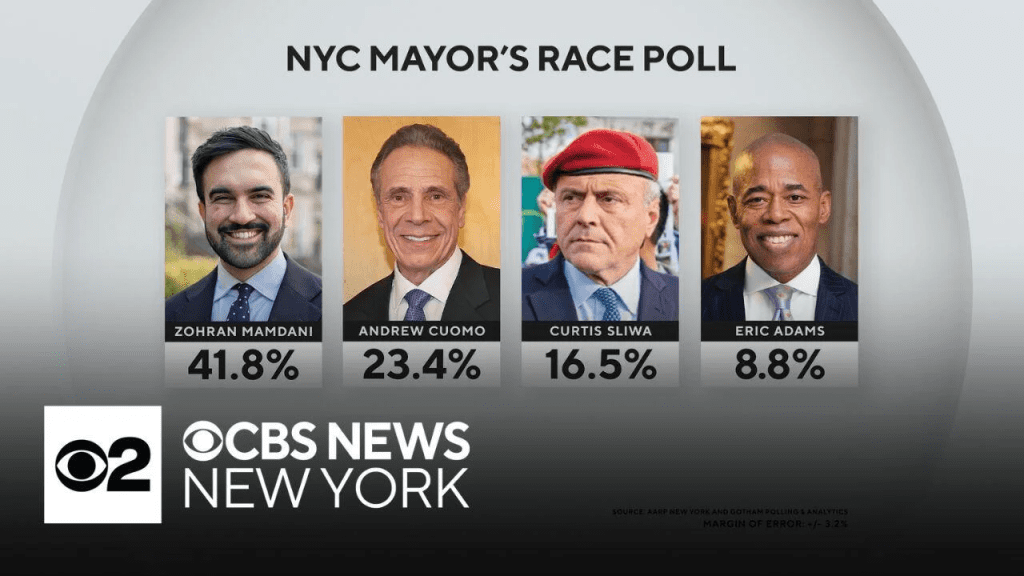
As early voting begins this weekend and Election Day looms on November 4, New York stands at a crossroads. The race between Mamdani, Cuomo, and Sliwa is more than a contest of personalities — it’s a referendum on identity, values, and the future of America’s largest city. For some, a Mamdani victory represents long-overdue change. For others, it’s a reason to pack their bags.
